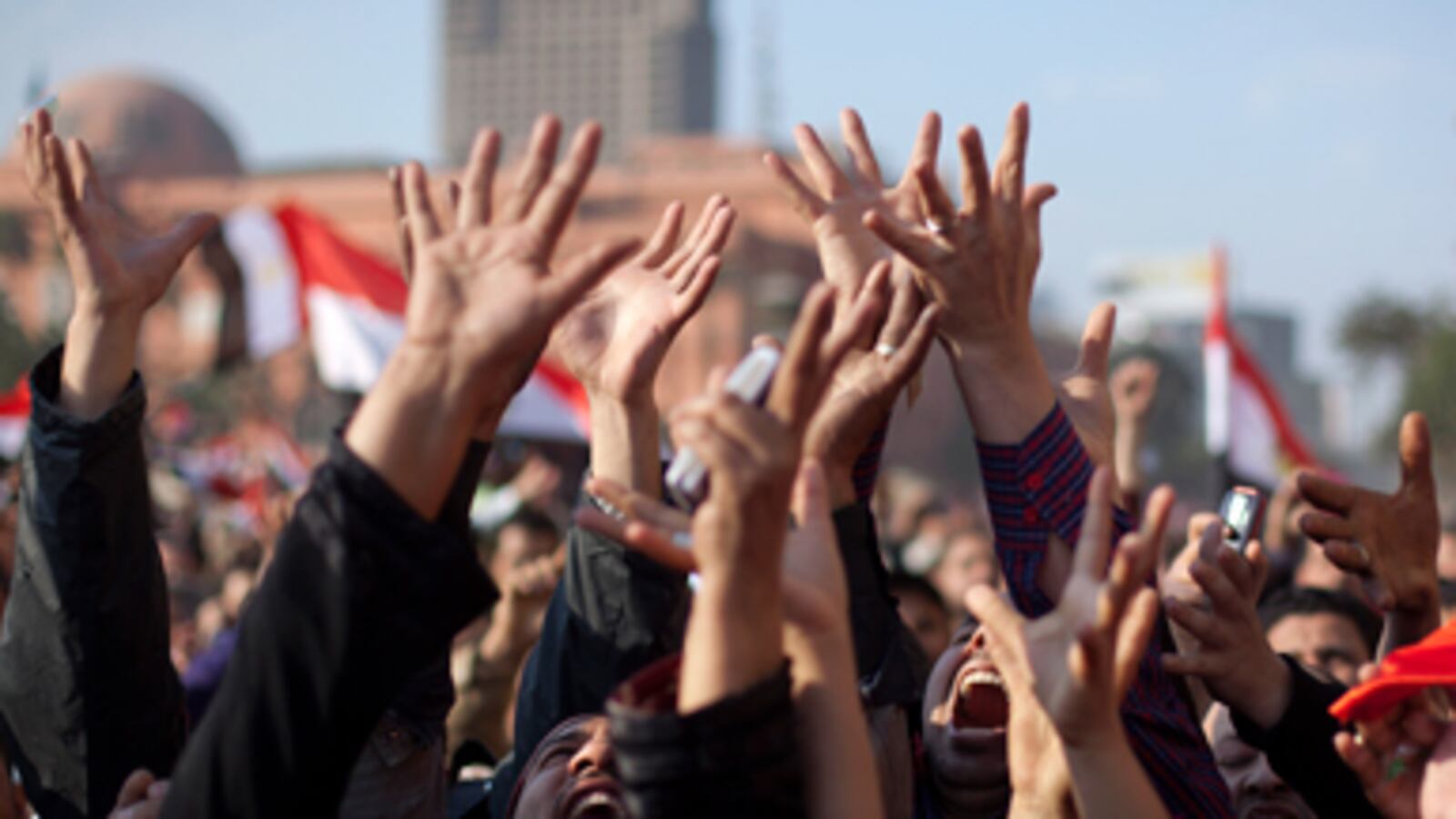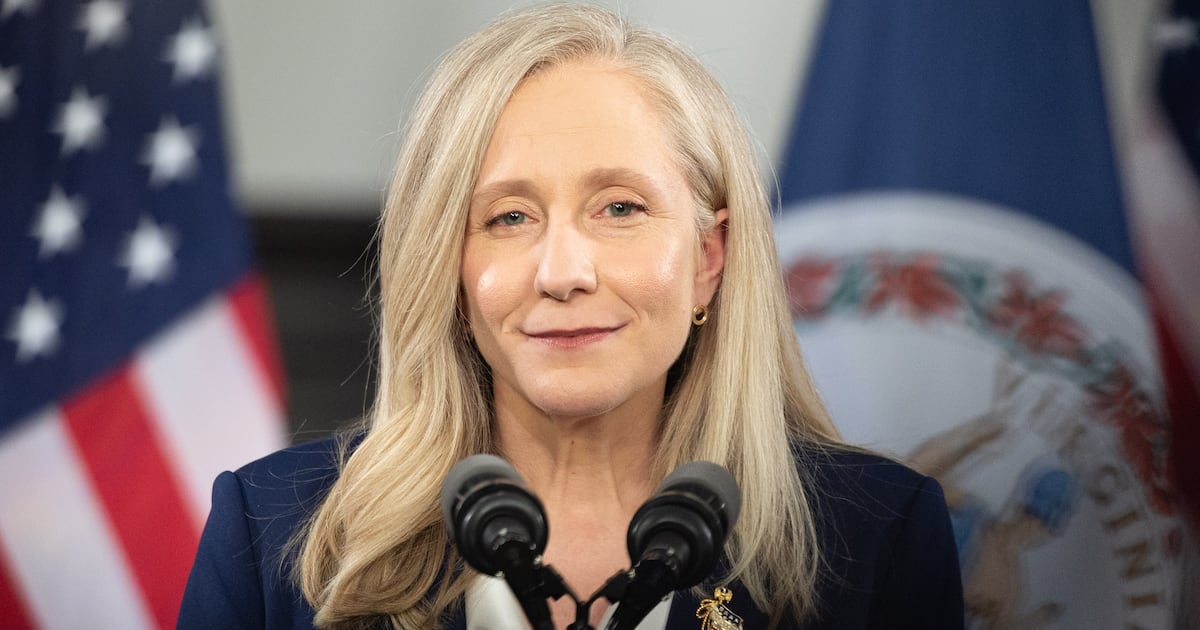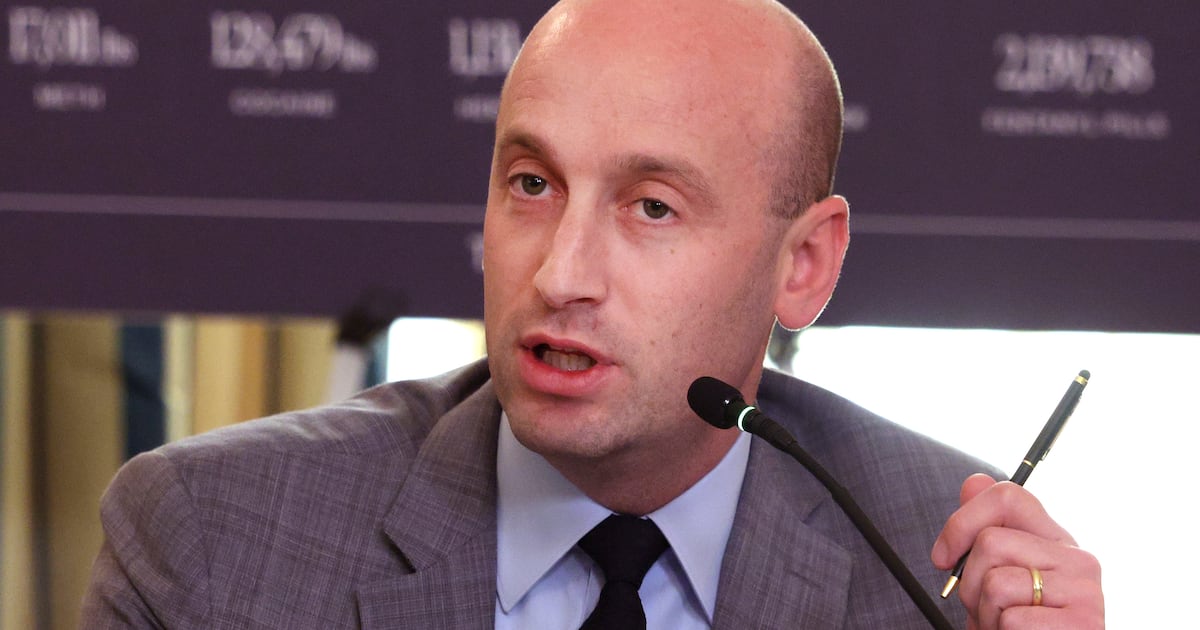Right up until the end, political theorists the world over insisted that what happened in Tunisia couldn't—or shouldn't—happen in Egypt. Laila Lalami on why Westerners often underestimate the Arab world. Plus, full coverage of Egypt’s uprising.
It was nearly 20 years ago that Samuel Huntington put forth the idea that major sources of world conflict in the aftermath of the Cold War would be cultural. Certain civilizations could coexist peacefully with one another, he argued, but others were bound to come into conflict because their inherent values and belief systems were polar opposites. The contrast between "the West" and "Islam" provided the clearest illustration of his argument and, after the terrorist attacks of 9/11, it gained an even wider following. Huntington's theory has so pervaded public discourse that when people speak of his " Clash of Civilizations," they usually mean the inevitable clash between the West and Islam.
Photos: Egypt's Protests

People in Western countries were told by their elected leaders that the Arabs were fundamentally incapable of governing themselves in a democratic way, that they needed strongmen to keep them in line or else they might lash back in another major terrorist attack. Meanwhile, citizens of Arab countries were told by their local dictators that, well, this was the best they could do. Their nations were stable, they had a functioning government, and there was some sort of law and order on the streets. That was enough. And it was either that or the local Islamist party, which, if it were ever allowed to come to power or have a say in government, would endeavor to take away whatever rights the Arabs were lucky enough to have.
Though these two stories were somewhat different, their function was remarkably similar: Comfort the citizenry and keep it from asking too many questions.
The revolutions in the Arab world are changing both of these stories—and we owe it all to a 26-year-old fruit vendor from Tunisia. The self-immolation of Mohammed Bouazizi on December 17 launched a series of events that would have seemed impossible just two months ago. From initial government threats to hurriedly announced cosmetic reforms, from violent police repression to tone-deaf presidential speeches, each new development only seemed to galvanize the protesters on the streets and recommit them to their cause. Their demands, whether in Cairo or Tunis, Alexandria or Kasserine, Suez or Sfax, have been extraordinarily consistent: better living standards, freedom and human rights, leaders who are accountable to the people.
The successful ouster of two of the Arab world's worst dictators has convinced the entire region that change is possible. In Tunisia and in Egypt, the young men and women who risked their lives for change knew that the story that had been fed to them was untrue. A new story needed to be imagined, one that they, and not their dictators, would get to write. Freedom, it turned out, was a universal value.
Over the last few weeks, every Arab dictator has been taking precautionary measures to defuse social tension. Jordan's King Abdullah fired his entire cabinet, appointed a new prime minister, and announced a $500 million package of food subsidies. Yemen's Ali Abdullah Saleh announced that he would not run again when his term ends in 2013, or hand over power to his son. Libya's Muammar Gaddafi played his own version of good cop/bad cop; he released 16 political prisoners that had been held for 21 years, but also arrested activists that were calling for protests against his rule. All these dictators are scared. This is because they understood quickly what some analysts refused to: Change is contagious.
When the Tunisian protests began, many commentators rushed to caution that Tunisia was an exception. In The New York Times, for instance, the journalist Robert Kaplan declared that Tunisia was not your usual Arab country, because it had "upwardly mobile European aspirations." And, he warned, "there is plenty of peril in democracy." (This is the same analyst, by the way, who supported the occupation of Iraq in the name of freedom.) Of course, Tunisia turned out to be the precursor, not the exception. This new generation of secular, independent-minded Arabs is serious about change and it is transforming the region.
But it is also transforming the West. Its politicians, intellectuals, and pundits are now scrambling to understand the very simple idea that Arabs want freedom and they want it to be homegrown. Tony Blair, the former British prime minister, told Piers Morgan of CNN that it's clear Egyptians want change, but the key challenge for him was "how do we help partner this process of change and help manage it in such a way that what comes out of it is open-minded, fair, democratic government." Exactly how the Egyptians are supposed to have a true democracy when it is managed by a foreign government he did not specify. Or perhaps he had in mind the kind of managed democracy the Iraqis have lived under for the last eight years, and which has cost the lives of 66,081 innocent Iraqi civilians.
Over the last few years, an entire cottage industry has grown around the idea that Arabs cannot be allowed to rule themselves, or else the West will be in danger. Thus, while Egyptian protesters were being hunted by Mubarak's thugs for daring to express their desire for self-determination, Mike Huckabee, the former governor of Arkansas and current Fox News pundit, declared that the "situation in Egypt could threaten the world." But it was the Israeli MK Binyamin Ben-Eliezer who put it most bluntly: "I don't think it is possible [for there to be a revolution in Egypt]," he told Army Radio. The people of Egypt have proved all the naysayers wrong.
As I write this, the front pages of most major newspapers carry pictures of jubilant crowds in Cairo's Tahrir Square, celebrating the fall of the tyrant. Today, they have shown their detractors that they are not fated to live under the rule of strongmen. They are the heroes of their own stories. Ultimately, the Clash of Civilizations stemmed from a lack of imagination. The human heart is the same everywhere—it doesn't subscribe to rigid distinctions devised by political theorists.
Laila Lalami is the author of Hope and Other Dangerous Pursuits and Secret Son. She is currently an associate professor at the University of California, Riverside. Follow her on Twitter at: Twitter.com/LailaLalami






